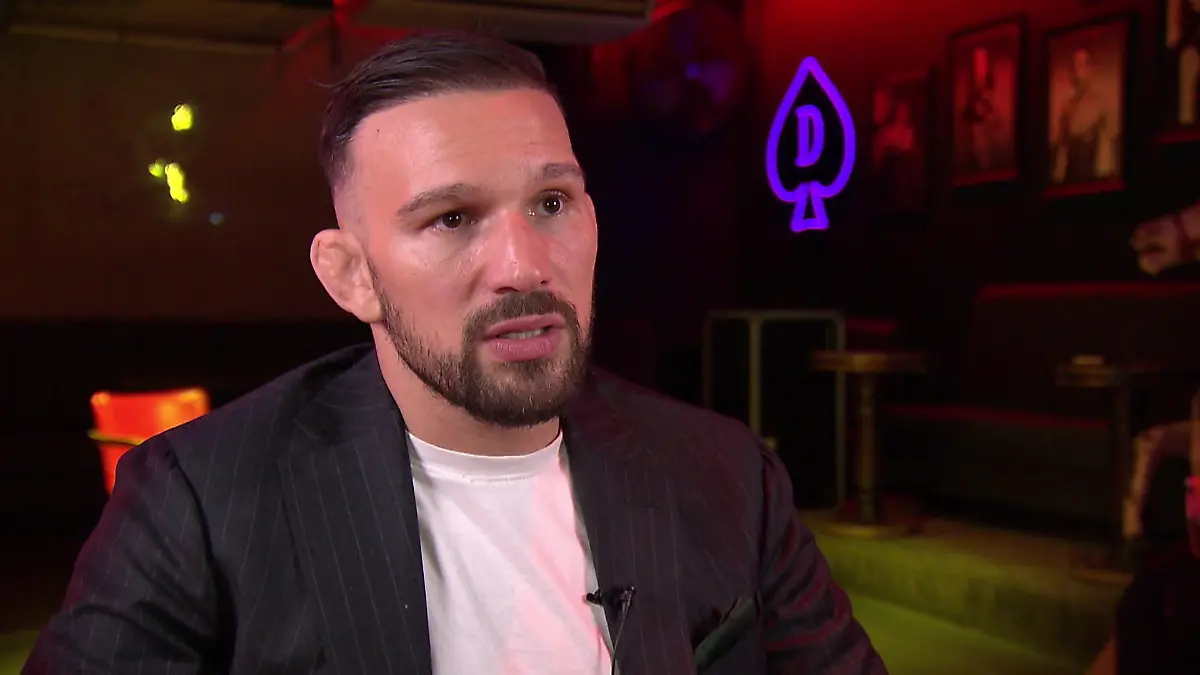Table of Contents
In Münsterland, the police are now taking tougher action in the event of accidents involving wild animals. Anyone who simply continues driving after a collision with a deer or wild boar risks high fines. The Steinfurt district police want to ensure that injured animals are found more quickly.
With more than 3,000 wildlife accidents every year Steinfurt district Nationwide sad leader. And not all collisions are reported equally. “On average twice a week, drivers come to the station hours after the accident to get a certificate for the insurance,” reports police chief Guido Meinert. And therefore: far too late.
Animal hit by car suffers for hours
Hunters like Franz-Josef Neuhaus from Ibbenbüren know what this means for the injured animals. A few months ago, for example, passers-by reported to him a fawn that had been hit on the shoulder.
“The accident happened at 4:30 a.m.,” says Neuhaus, “at nine o’clock I put the animal out of its suffering with a broken spine.” But it wasn’t until 4:30 p.m. that the driver reported to the police because she needed a certificate for insurance. That was irresponsible, said the hunter.
A fine of up to 2,500 euros
No exception: hunters in the Steinfurt district are reporting such cases more and more frequently. Police officer Guido Meinert explains that his office turned a blind eye for a long time. This is now over: every wildlife accident that is reported too late will be subject to a fine. Costs depending on the severity of the case: between 500 and 2,500 euros.
The Steinfurt district police are basing their initiative on the state hunting law, which was tightened in 2015. And she hopes that other districts in North Rhine-Westphalia will follow suit. Chief Police Officer Guido Meinert emphasizes: It’s not about collecting as many fines as possible. Instead, the police want to encourage more drivers to report immediately after an accident involving wildlife. Only then can an injured animal be found quickly and, if necessary, put out of its suffering.
Sources:
- Steinfurt District Police
- Hunter Franz-Josef Neuhaus
- Wildlife Accident Prevention Working Group
We reported on this topic on November 25th, 2024 in the WDR local time from the Münsterland.

**How do the potential benefits of increased reporting of wildlife accidents, such as data collection for conservation efforts, weigh against the potential burdens placed on drivers by the threat of fines?**
Here are some open-ended questions you could use to guide an interview about the Steinfurt district police’s initiative to penalize drivers who don’t report wildlife accidents:
**Section 1: Understanding the Problem**
* **What are the primary motivations behind the Steinfurt district police’s decision to implement fines for failing to report wild animal accidents?** (This probes the rationale behind the policy beyond the stated goal of animal welfare).
* **How common are wildlife accidents in the Münsterland region?** (This establishes context and the scale of the issue).
* **What are the typical consequences for wild animals involved in such accidents when they are not reported promptly?** (This highlights the urgency and ethical dimensions).
**Section 2: Examining the Proposed Solution**
* **Do you think implementing fines is an effective way to encourage drivers to report wildlife accidents? What are some potential benefits and drawbacks of this approach?** (This invites a discussion on the effectiveness of the policy and alternative solutions).
* **Some might argue that this policy places an undue burden on drivers. How would you respond to this criticism?** (This addresses potential counter-arguments and explores the balance between responsibility and individual burden).
* **What other measures, besides fines, could be taken to reduce the number of unreported wildlife accidents?** (This encourages brainstorming and exploring a multifaceted approach to the problem).
**Section 3: Perspectives from Different Stakeholders**
* **How do hunters and wildlife conservation groups view this initiative?** (This brings in perspectives from those who are directly involved with wildlife).
* **What are the concerns of drivers about this new policy?** (This explores potential fears and challenges drivers might face).
* **What role should the media play in raising awareness about the importance of reporting wildlife accidents?** (This examines the responsibility of information dissemination).
**Section 4: Looking Ahead**
* **If this initiative is successful in Steinfurt, do you think it should be implemented across North Rhine-Westphalia or even the entire country? Why or why not?** (This considers the broader implications and potential for wider adoption).
* **What further steps can be taken to ensure the safety of both drivers and wildlife on the roads?** ( This looks towards the future and encourages ongoing discussion about solutions).
**Important Considerations:**
* **Engage Neutrality:** Encourage open and honest discussions by avoiding leading questions or expressing personal opinions.
* **Active Listening:** Pay close attention to the interviewee’s responses and ask follow-up questions to delve deeper into their perspective.
* **Facilitate Discourse:** Aim to create a conversation where different viewpoints are heard and respected.
Remember, the goal of these banknotes dinero penalt penalties for failing to report roadkill, a policy 大きなオンラインカジノで、幅広いゲームとボーナスを提供しています。 that has sparked heated debate in the region and beyond.

